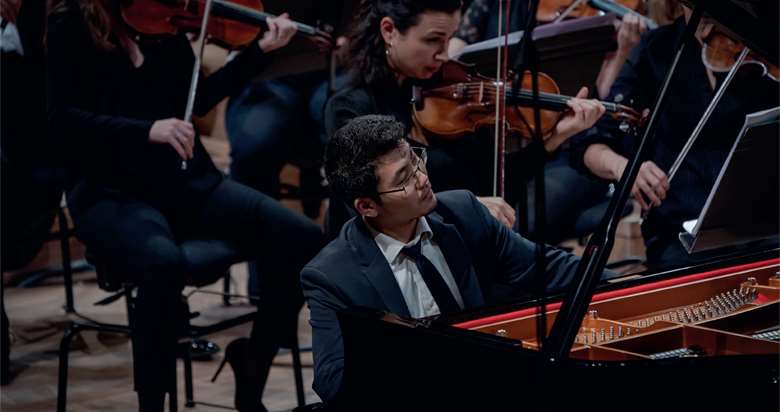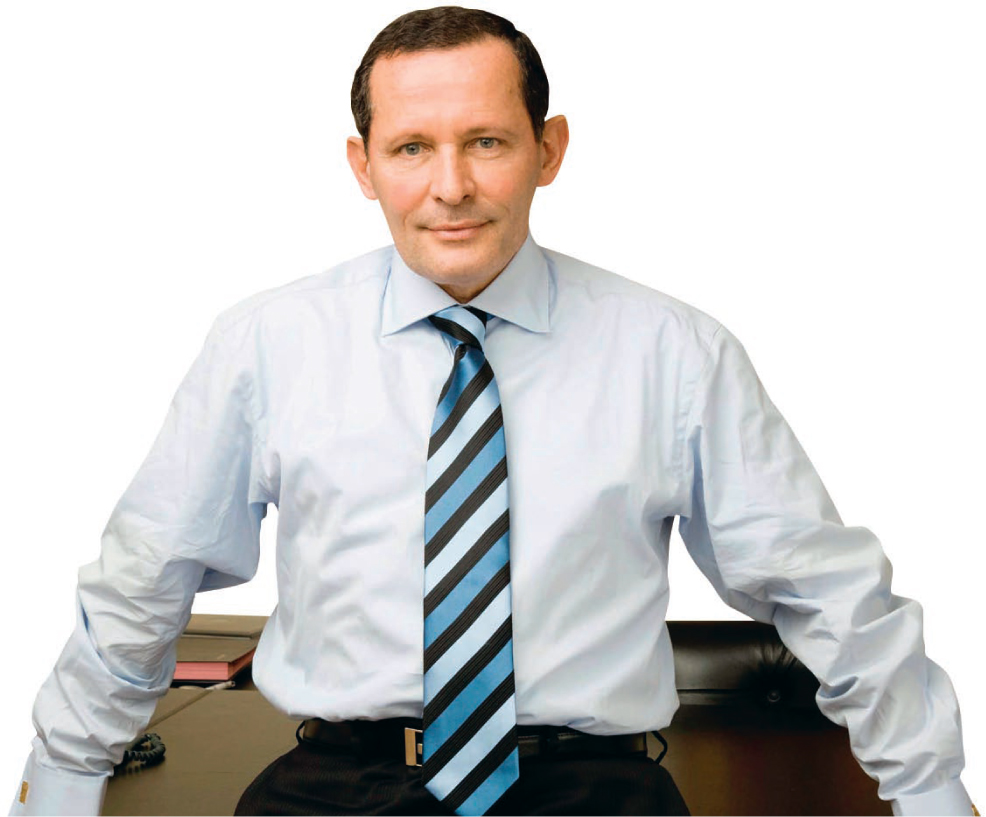Long-Thibaud Competition: a guide
Jonathon Brown
Wednesday, November 2, 2022
The last Long-Thibaud Competition saw a standoff between the jury and the audience, but with a history stretching back nearly 80 years it takes more than a scandal and a pandemic to knock it off course. Jonathon Brown looks forward to the reborn competition

MASHA MOSCONI
The Long-Thibaud Competition honours two of the leading French instrumentalists of the last century – pianist Marguérite Long and violinist Jacques Thibaud, who launched the event in 1943 – and alternates between a piano competition one year and violin the next. (For a while it was a three-year cycle, including voice, honouring Régine Crespin.) This year sees the post-pandemic reincarnation of the biannual piano format, to be held in Paris from 7 to 13 November. Past laureates and discoveries include pianists Samson François, Bruno Leonardo Gelber, Aldo Ciccolini, Paul Badura-Skoda, Elisabeth Leonskaja, Dmitri Bashkirov, Peter Frankl and violinists Ivry Gitlis, Vladimir Spivakov, Laurent Korcia and Christian Ferras.
To say ‘reinvigorated’ is almost an understatement. Known to International Piano readers for his quaint and lively Grands Amateurs competition, Sorbonne economics professor Gérard Bekerman has been installed as president of the Long-Thibaud Foundation; he is also president of the Georges Cziffra Foundation. The administrators, patrons and supporters make a heady list à la française, from President Macron himself – an amateur pianist who studied at the Amiens Conservatory – to the mayor of Paris, sundry ministers of culture, the Académie des Beaux-Arts, the Interior, and Foreign Affairs, as well as a director of Rothschild's, a former ambassador to the United States and so on. Nothing by halves.
Prize money comes to nearly €100,000 (£87,870), coming from sponsors as diverse as Michelin and Fuji Sankei, plus individual prizes awarded by the Rotary Club, the Ville de Paris, BNP-Paribas bank and the Principality of Monaco. The winner will receive about 20 festival engagements.

Gérard Bekerman: ‘We want a true dialogue between jury and player’
Candidates have been required to submit videos of their renderings of specified pieces by Couperin or Rameau, Debussy or Ravel, Poulenc and Chopin. Of 112 video submissions, 33 have made it through to the live sessions in Paris. There are but two from France, three from China, seven from Japan, and 11 from South Korea amid other global smatterings that contain none from Britain or the Commonwealth.
To begin with, in the Salle Cortot of the École Normale de Musique, they play their video pieces and a piece of their choosing for the first round. Ten go on to the next round, playing Chopin's Prelude in B-flat minor and a programme of their choice. The final six then have the concerto finals in the Théâtre du Châtelet, on the weekend of 12-13 November, with 13 to choose from. The whole process will be open to the public and broadcast on Radio Classique. France Télévisions is also involved.
Despite this grandeur, Bekerman chided me for wearing a sober suit to the launch in Paris in March: ‘Where has all the colour gone?!’His soundbite is simple and colourful enough. He told me: ‘Our ambition is great – nothing less than reconnecting to our past by making the Long-Thibaud International Competition a global reference, parallel to the Tchaikovsky Competition, the Queen Elisabeth Competition or the Chopin Competition.’
Aware that this is a different scale of gig from the Grands Amateurs, Bekerman adds characteristically, ‘Both competitions have a common denominator nonetheless: not the rivalry of the candidates, not the factions for one or other, but a shared dialogue so that beautiful music triumphs. We want a true dialogue between jury and player to bring out their best’. In tune with that, after the final, there will be an evening concert by the winner and a ‘best of’ involving the others.
One disruption to that connection to the past was the ‘scandal’ of the piano competition in 2019. Briefly retold, despite the jury including Argerich, Queffélec and Hamelin, the audience did not agree with any of the jury's decisions and booed louder and louder as only the continentals can. What's more, the composer of a special competition piece did not like any of the finalists' renditions and would not award his prize to anyone. Then came the pandemic. Now the reinvigoration: Bekerman's soft yet firm touch at the Grands Amateurs will need to make its mark.
This year's all-pianist jury includes Bruno Leonardo Gelber, Philippe Entremont, Marc Laforêt, Eric Heidsieck and François-René Duchable. Not surprisingly the whole event has a lingering Frenchness, not least since France lacks a competition on the scale of the ones listed by Bekerman, though at least half the jury comes from countries around the world, including Cuba, Japan and Hungary. At the launch, the luminaries of French pianism were engaged in politely tempestuous accounts of the various factions and triumphs of the earlier masters. We'll see how that goes…






